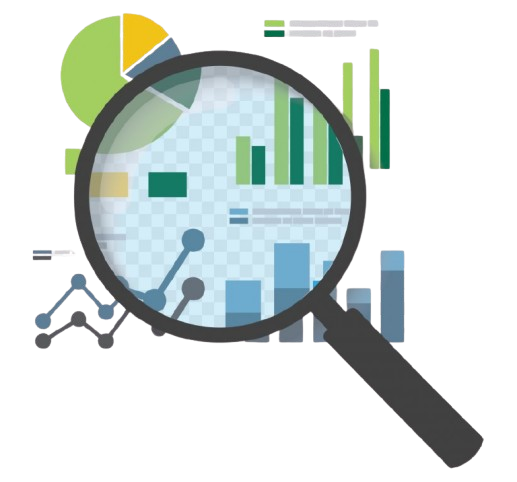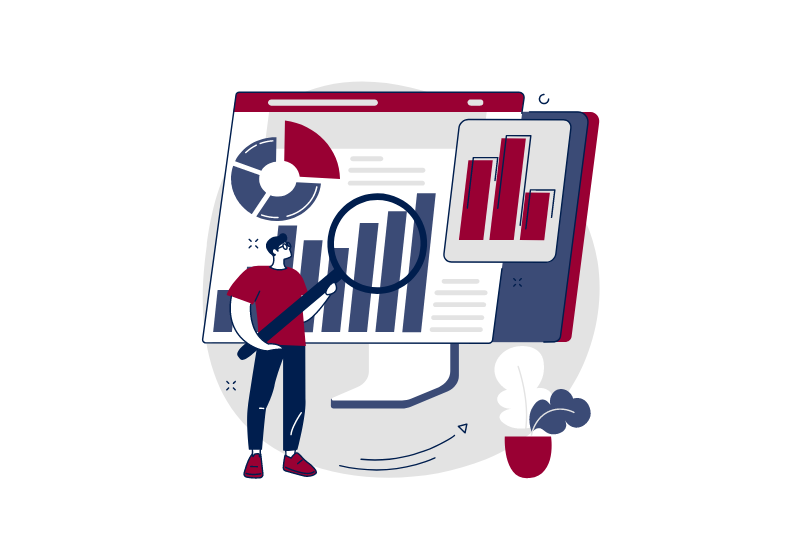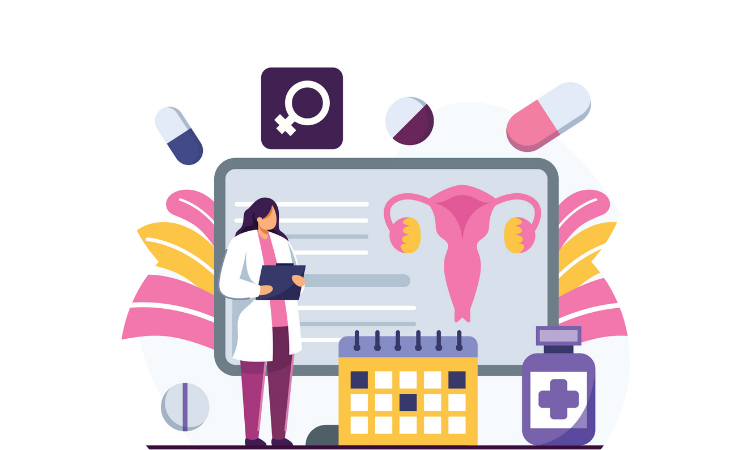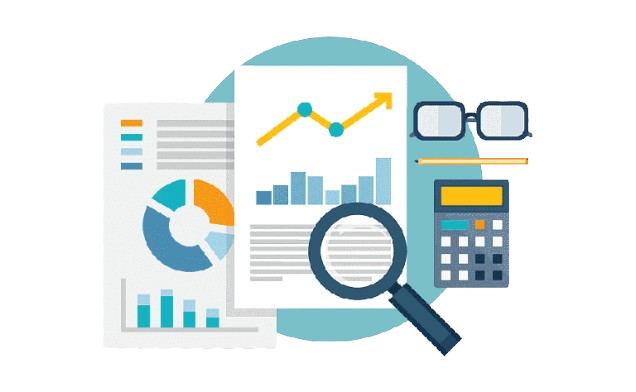Our Courses

Research Writing in Sciences
Learn the fundamentals of structuring and presenting scientific research effectively.
Organize your research in a clear and logical way (e.g., introduction, methods, results, conclusion).
Present your findings using the right formats—like reports, research papers, or presentations.
Communicate your ideas clearly so that others can understand and appreciate your work, whether in academic settings or professional environments.

Academic Writing Excellence
Master the art of writing clear, concise, and impactful academic content.
Write clearly – Use simple and direct language so your ideas are easy to understand.
Be concise – Say more with fewer words by avoiding unnecessary information or repetition.
Make an impact – Communicate your points in a strong, persuasive way that leaves a lasting impression on readers (like professors, researchers, or academic peers).

Manuscript Writing
Develop skills to craft high-quality research manuscripts for successful publication.
Write professional research papers (also called manuscripts) that meet academic and journal standards.
Organize your work effectively, including proper structure (abstract, introduction, methodology, results, conclusion, references, etc.).
Follow formatting and submission guidelines required by scientific journals or publishers.
Improve clarity, accuracy, and originality to increase your chances of getting published.
Understand peer review and revisions, so you’re prepared for the full publication process.

Qualitative Research Basics and Data Management
Understand qualitative research methods and learn how to manage and organize qualitative data.
Learn about qualitative research methods – These are techniques used to study things like experiences, opinions, behaviors, and social patterns through interviews, observations, open-ended surveys, and more. Unlike numbers-based (quantitative) research, qualitative research focuses on meaning and depth.
Understand how to collect and analyze data – You’ll explore ways to gather detailed, non-numerical data (like interview transcripts or field notes) and how to make sense of it by identifying patterns or themes.
Gain skills to manage data properly – You’ll learn how to store, label, and organize large amounts of text-based information using tools or software so it’s easier to analyze and draw conclusions from.

Data Management and Analysis in Qualitative Research
Gain hands-on experience in analyzing qualitative research data using various techniques.
Practice working directly with real data – Instead of just learning theory, you’ll actually get to analyze sample interviews, focus group transcripts, or observational notes.
Use different techniques to study the data – You’ll learn how to apply methods like coding (marking key themes or ideas), thematic analysis (finding patterns), and content analysis (examining language or frequency of topics).
Understand how to draw insights – You’ll be trained to interpret what people say or do, identify trends, and explain what those findings mean in the context of your research.

Basics of Quantitative Research
Learn foundational concepts, study designs, and statistical methods used in quantitative research.
Understand the basics of quantitative research – You’ll learn the core ideas behind collecting and analyzing numerical data to answer research questions.
Explore study designs – You’ll be introduced to different types of research setups, such as experiments, surveys, cross-sectional and longitudinal studies, and how to choose the right one for your research goals.
Learn statistical methods – You’ll study how to analyze data using statistics, including how to calculate averages, compare groups, find correlations, test hypotheses, and interpret results.

Epidemiology and Biostatistics in Clinical Research
Explore key epidemiological principles and biostatistical techniques used in clinical research.
Learn the basics of epidemiology – Understand how diseases spread, what causes them, and how to track their patterns in populations. You’ll study terms like incidence, prevalence, risk factors, and more.
Study biostatistics – Learn the statistical methods used to analyze health data, such as calculating averages, comparing treatments, determining risks, and interpreting health outcomes.
Apply these in clinical research – Use these tools to design and understand research studies that test medications, treatments, or health interventions in patients.

Applied Statistics in Clinical Research
Dive deeper into statistical applications for clinical trials and healthcare studies.
Go beyond the basics of statistics – Learn more advanced methods specifically used in the medical and healthcare fields.
Understand how statistics apply to clinical trials – You’ll explore how researchers use statistics to test the safety and effectiveness of new drugs, treatments, or medical procedures.
Learn how to analyze healthcare data – You’ll discover how to work with real-world health data to identify trends, compare patient outcomes, and support evidence-based decisions.

Quantitative Research Data Management and Analysis
– Develop expertise in managing and analyzing quantitative research data using statistical tools.
Learn how to handle numerical data – You’ll be trained to organize, clean, and prepare large sets of data collected through surveys, experiments, or other methods.
Use statistical software/tools – You’ll gain hands-on experience with tools like SPSS, R, Excel, or Python to perform data analysis.
Analyze the data correctly – You’ll learn how to apply different statistical techniques (like averages, correlations, regressions, etc.) to draw meaningful conclusions from the data.
Our Research Courses
Certificate in Research Literacy (CRL)
An ideal starting point for undergraduate students and early-career researchers to master essential research skills and confidently complete their final year projects or thesis.
🕒 Duration: 3 Months — 12 Modules + 12 Interactive Workshops
Certification in Applied Clinical Statistics
A focused course empowering researchers and clinicians to perform effective data analysis and apply statistical techniques to elevate research quality.
🕒 Duration: 4 Months — 16 Modules + 16 Practical Sessions
Certificate in Research Advances (CRA)
A comprehensive course tailored for medical graduates, practitioners, and allied health professionals—building foundational to advanced clinical research skills with practical applications.
🕒 Duration: 6 Months — 24 Modules + 24 Hands-on Workshops + Personal Research Synopsis
Qualitative Research & Data Analysis Certification
This dual-phase program introduces qualitative research foundations over three months, followed by three months of guided supervision for real-world data collection and analysis.
🕒 Duration: 6 Months — 12 Modules + 12 Workshops + 3 Months Supervised Practice
Certification in Applied Clinical Statistics
A focused course empowering researchers and clinicians to perform effective data analysis and apply statistical techniques to elevate research quality.
🕒 Duration: 4 Months — 16 Modules + 16 Practical Sessions
